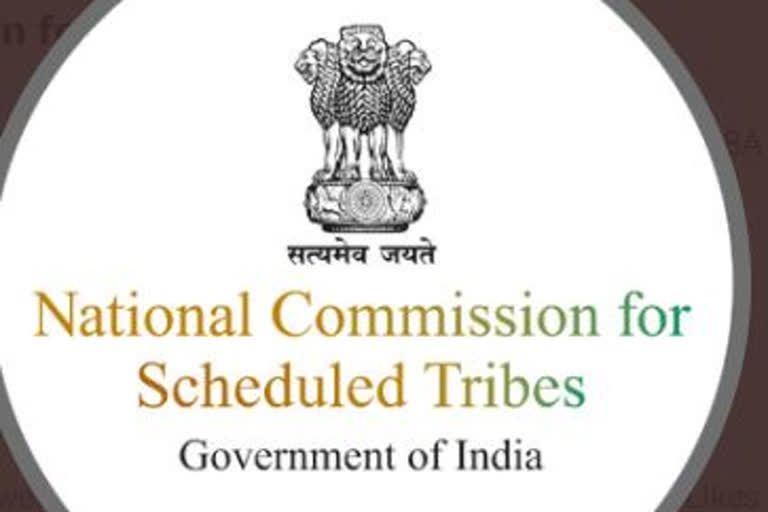New Delhi: The National Commission for Scheduled Tribes (NCST) has asked Chhattisgarh, Telangana, Andhra Pradesh, Odisha and Maharashtra to submit a report on the action taken to identify and rehabilitate around 5,000 tribal families displaced from Chhattisgarh due to left-wing extremism.
The NCST and the Union Tribal Affairs Ministry had in July 2019 asked these states to conduct a survey to ascertain the number of tribals displaced due to left-wing extremism before December 13, 2005, so that a process could be initiated to rehabilitate them. The states were given three months to complete the survey.
In October 2019, the Union Home Ministry also wrote to these state governments to find out how many tribals had been displaced from Chhattisgarh. "We have been told the states could not start the survey due to COVID-19. We issued another notice on January 12 asking them to furnish a report within 30 days," an NCST official said.
Tribal rights activist Shubhranshu Chaudhary said the Chhattisgarh government created the Salwa Judum in 2005 through mobilising members of local tribes as fighters against the Maoists. "The state government trained these fighters in armed struggle and provided them with weapons. They would vandalise the homes and shops of suspected Maoist supporters, while Maoists would kill those suspected of being government informers," he said.
"The Salwa Judum movement drew criticism from human rights observers as people found themselves caught in the crossfire between the two sides. It led to the mass displacement of an estimated 50,000 tribals from Chhattisgarh to neighbouring states," Chaudhary said. The Supreme Court had banned the Chhattisgarh government-sponsored vigilante movement in 2011.
Tribal rights activists say the tribals, who fled Chhattisgarh due to Maoist violence, are living in 248 settlements in forests of Odisha, Andhra Pradesh, Telangana and Maharashtra. These tribals are living in deplorable conditions without any access to drinking water and electricity. They get lower wages, and most of them do not have ration cards or voter IDs and cannot prove their citizenship.
Rights activists claim these states do not recognise them as tribals. They have no rights over forest land and remain excluded from all social security benefits. "The situation of the displaced tribals has worsened during the Covid pandemic. Andhra Pradesh and Telangana have carried out plantations on around half of the land they used for cultivating crops for around 15 years," he claimed.
